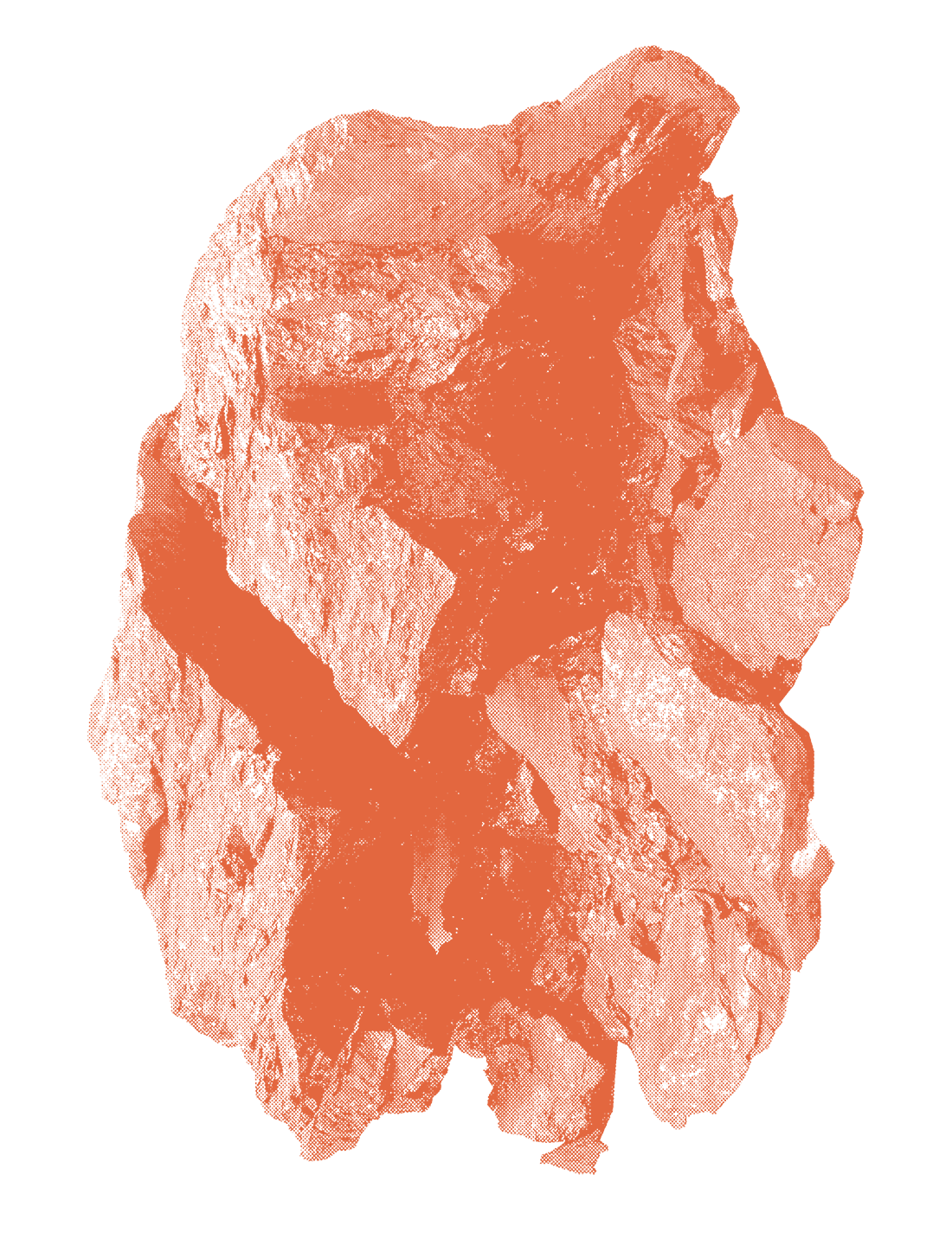


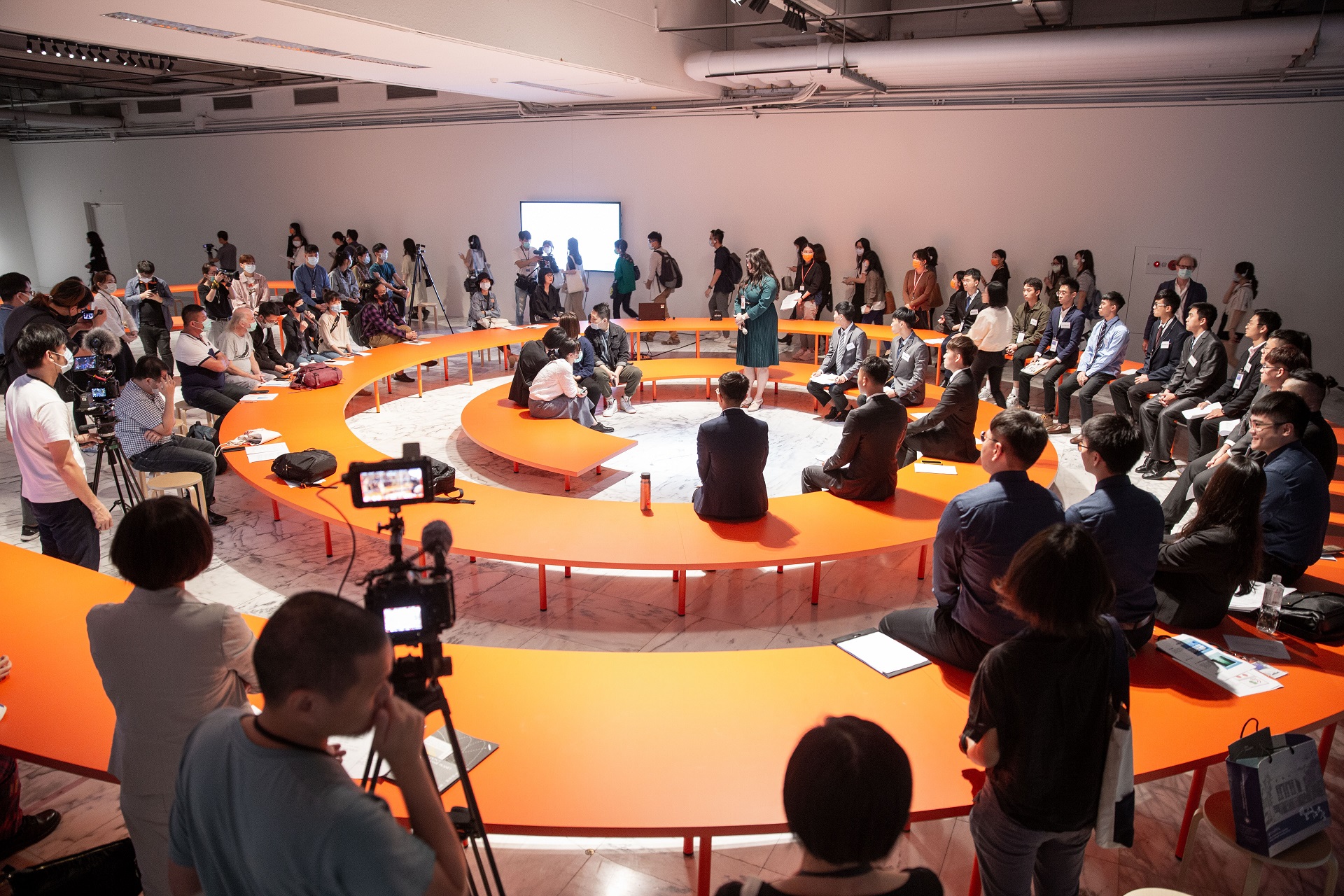
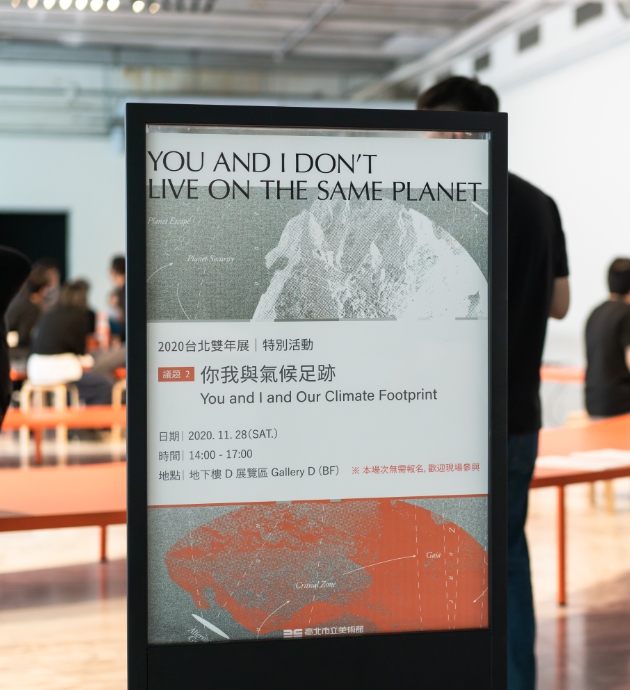
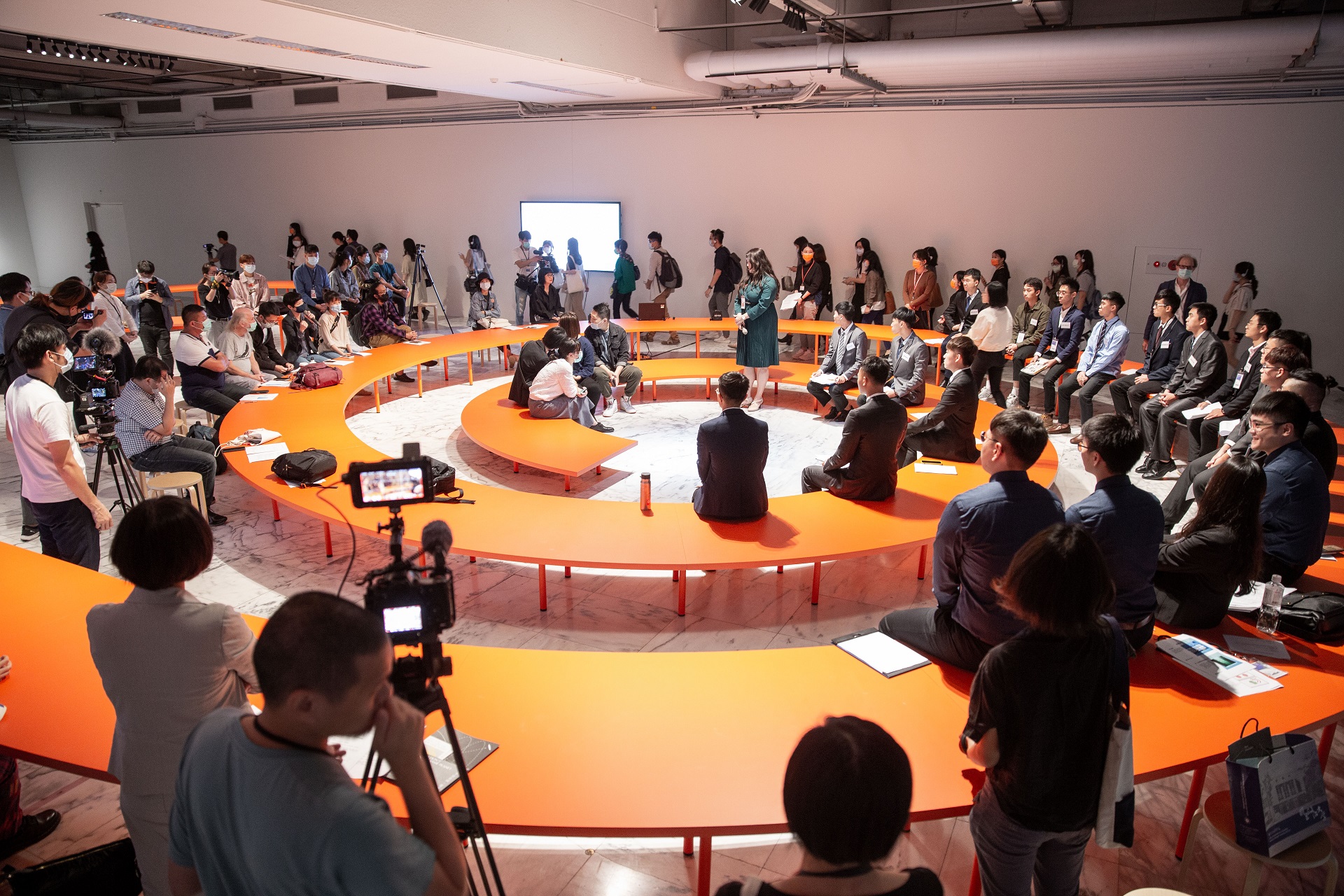
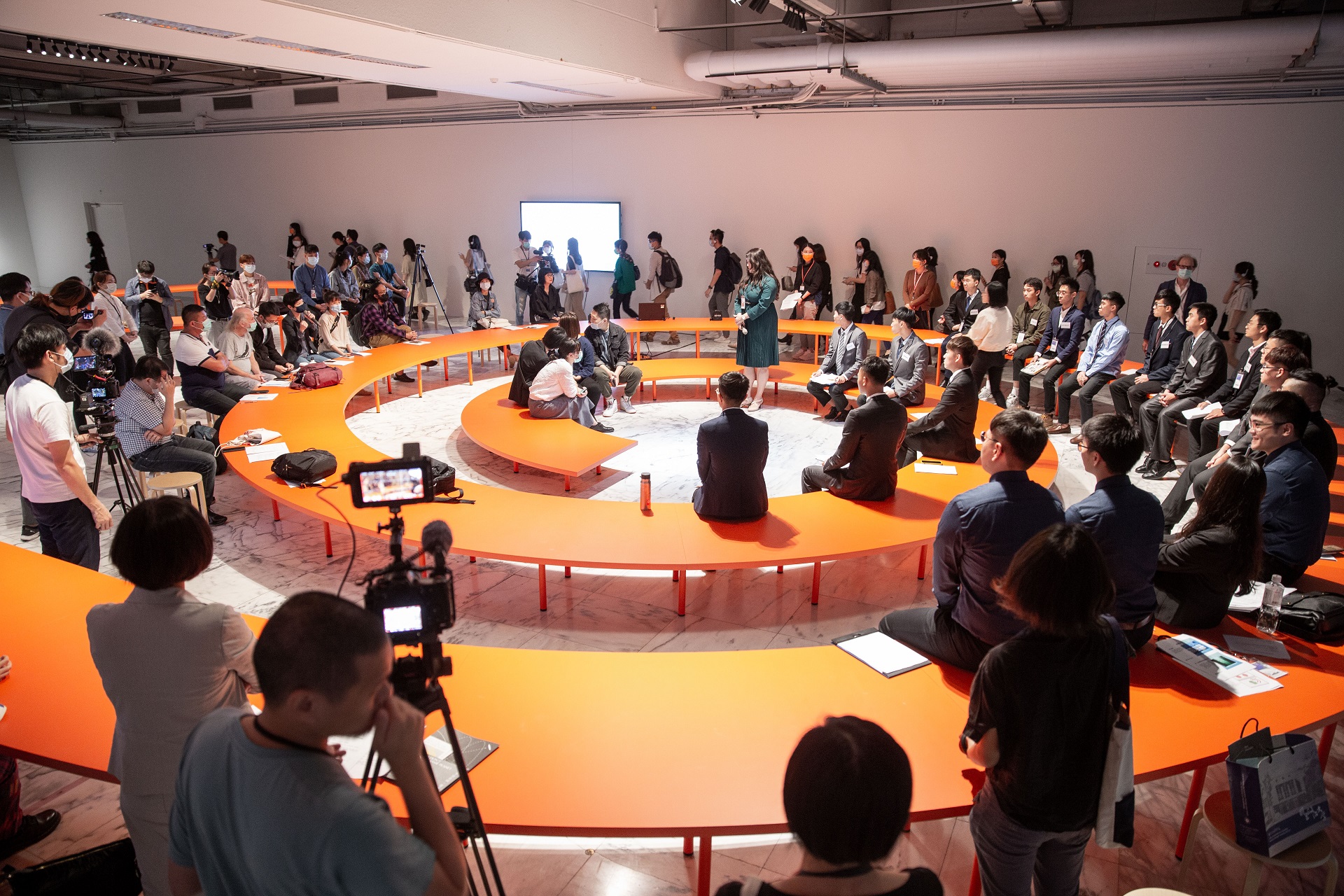
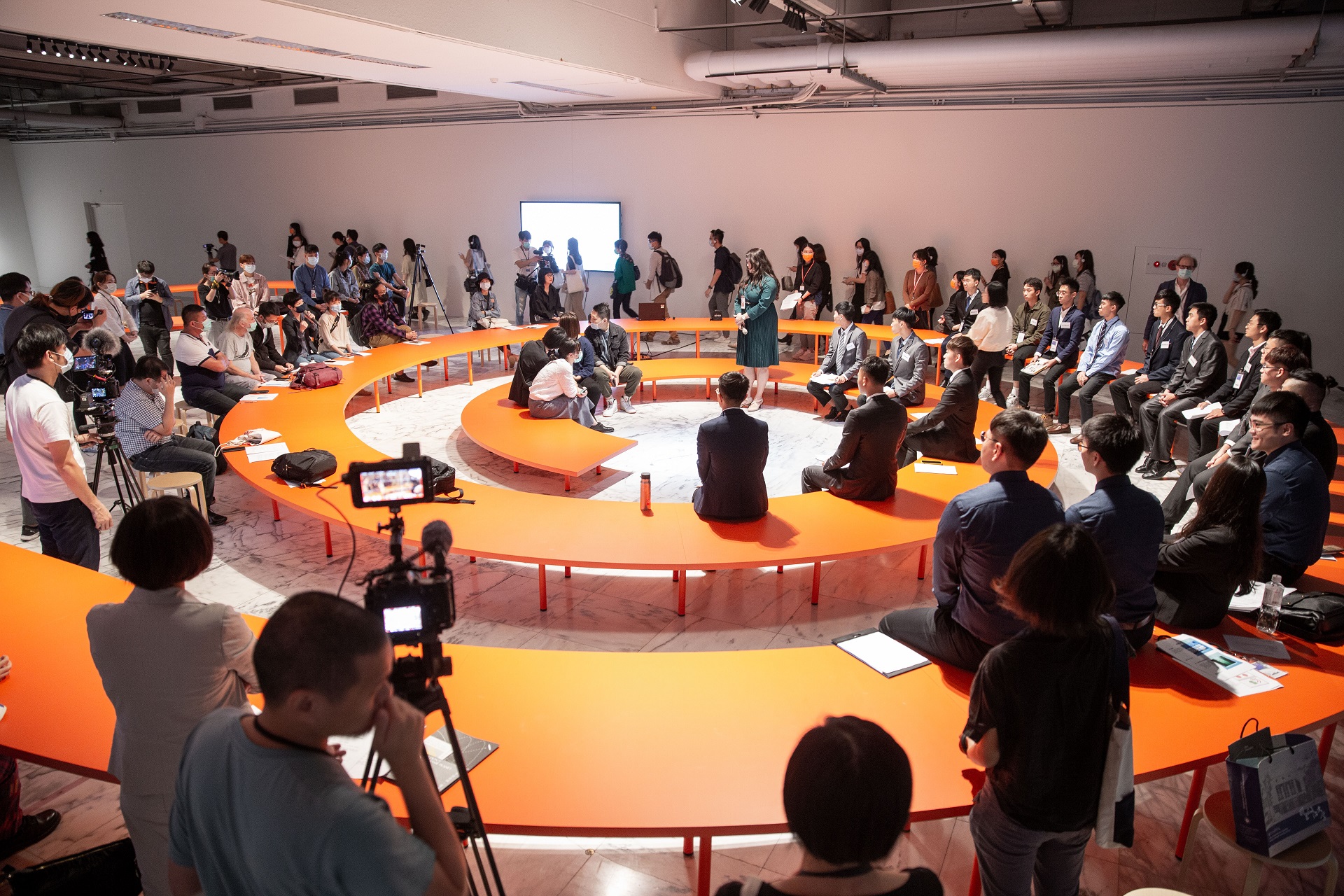
The “Theater of Negotiations” is a practical implementation of the “political and diplomatic tactics” that inform the Taipei Biennial 2020. The program content is a collaboration among researchers from the Taiwan STS Association (Taiwan Science, Technology and Society Association) and students from five universities to engage in role-playing while addressing several social controversies that exist in Taiwan today. These range from climate emergency to nuclear waste, food safety, renewable energy, and assisted conception. The role-playing takes the form of debates about these controversies, with participants representing the various stakeholders (lobbyists, judges, NGOs, local politicians, residents, and non-human actors etc.), engaging in realistic exercises in negotiation and public governance of the issue in question.
Ecologists have tried to promote an ideal of “unification,” based on the understanding that we are all united by “Mother Nature,” and have invited “us” to become citizens of the world. But this ideal is destabilized by a realistic approach as each controversy sparks a multitude of contradictory agendas. What the “Theater of Negotiations” attempts to do is create pedagogical formats that make it possible to bring people who disagree together into the same room so that they can negotiate.
Partner: Taiwan STS Association
Associate partners: International College of Innovation, National Chengchi University; Center for Democratic Innovation and Governance, National Chengchi University
Participating schools: National Kaohsiung University of Science and Technology; National Chengchi University; National Taiwan University; Shih Hsin University; National Yang-Ming University (listed in chronological order of participating event)
The Taiwan Science, Technology and Society Association
Founded in 2008, the Taiwan Science, Technology and Society Association (Taiwan STS Association) currently has more than 200 members, mainly professors and scholars from Taiwanese universities and the Academia Sinica, as well as graduate students. STS (Science, Technology and Society) is a research field that emphasizes interdisciplinary integrated thinking, exploring the construction and ethics of technology from various aspects of technology and society, while analyzing and focusing concern upon the complex interactive relationship between technological society and modern systems. The Association concentrates the scholarly energy of Taiwan’s STS academic community, which has been in development for over three decades. The results in STS research present contributions to an array of areas, from bolstering academia, cross-disciplinary exchanges, and advancement and innovation in higher education, to practical action on social issues in Taiwan. It also supports a variety of scholarly activities, the publication of the Taiwanese Journal for Studies of Science Technology and Medicine, and the production of STS content in diverse forms of media.
International College of Innovation, NCCU
The International College of Innovation (ICI) was established in 2018, and the undergraduate class of 2020 is the first recruitment of the College. It is the first college in the Taiwanese higher education sector to focus on the studies of global affairs and foresight strategies. ICI provides a unique way of training that underscores the importance of engaging in problem-solving with cross-disciplinary skills and expertise. Its teaching and modules are designed to realize the core ideas of “integrated learning of multiple disciplines,” “building capabilities in information processing,” and “pursuing sustainability and citizenship” and cover the professional fields of social science, international laws, business analysis and data science. Focusing on the perspectives and practicalities of international and current affairs, the College aims to equip students with the thinking skills for issue-oriented analysis and the techniques of practical problem-solving on cutting-edge global themes such as climate change, artificial intelligence, and global health governance. Furthermore, it provides young talents from all over the world with the opportunity to live, learn and grow together in a multilingual, multicultural environment. ICI welcomes passionate young talents from the around globe who value sustainable development, diversity and cultural inclusion, and it believes that gathering everyone’s creativity and wisdom can inspire innovative solutions for our future.
Center for Democratic Innovation and Governance
The primary objectives of the Center for Democratic Innovation and Governance (CDIG) are to enhance the involvement of citizen participation inside and outside the governance system and to bring a positive impact to public policy. The highlights of its work include cooperation with different policy stakeholders (interest groups, government agencies and the general public) on a range of issues, academic research and international exchange, and education on and empowerment of democracy. CDIG attempts to improve the quality of democracy through practical action, academic research, and education. Its current focus is on technoscience governance and environmental policy. CDIG believes that to improve the quality of democracy requires not only reforming the political system, but also empowering communities and groups in civil society who have different imaginations, to build capacity for mutual understanding, negotiation and making compromises.
Hong Wen-Ling (Project Coordinator): Ph.D. in Naval Architecture and Marine Engineering, University of Michigan, USA; Associate Professor, Department of Naval Architecture and Ocean Engineering, National Kaohsiung University of Science and Technology; Chairperson, Taiwan STS Association; Underwater Cultural Heritage Committee member, Ministry of Culture. She researches and promotes connections between the public and engineering, with special attention to citizen science, science communication, and engineering knowledge construction. Previous research includes analyzing perceptions and responses regarding pollution emissions between petrochemical plants and fence-line communities; the public nature of technical governance and forensic scientific evidence argumentation in the Kaohsiung propene explosion. She has participated in the production of “Open the S Files,” winner of the Golden Bell Award for Natural Science Documentary Program.
Jr-Ping Wang (Executive Director): D.Phil from the Department of Engineering Science, Oxford University, UK. Currently Associate Professor in the Department of Naval Architecture & Ocean Engineering at National Kaohsiung University of Science and Technology, and Chief Secretary of the Taiwan STS Association. He has long focused on issues such as citizen science, public awareness of science, and popularization of shipbuilding technology, and has participated in pedagogical programs for higher education reform.
-
2020/11/20 (Fri)
14:00-17:00Gallery D, Basement Level
Host :
Hong Wen-Ling, Chih-Yuan YangOffshore Wind Power in Progress
※ This program requires an invitation for admission.
-
2020/11/28 (Sat)
14:00-17:00Gallery D, Basement Level
Host :
Paul Jobin, Shih-Hao JhengYou and I and Our Climate Footprint
-
2020/12/05 (Sat)
14:00-17:00Gallery D, Basement Level
Host :
Chia-Ling WuAnticipating Reproduction
-
2020/12/12 (Sat)
14:00-17:00Gallery D, Basement Level
Host :
Hsin-Hsing Chen, Yi-Ping Lin, Tsung-Yen TsouRevisiting Plasticizer Food
-
2020/12/26 (Sat)
14:00-17:00Gallery D, Basement Level
Host :
Wen-Ling Tu(Convener), Kai-ling Luo, Chih-Yuan YangThe Pending Future of Nuclear Waste